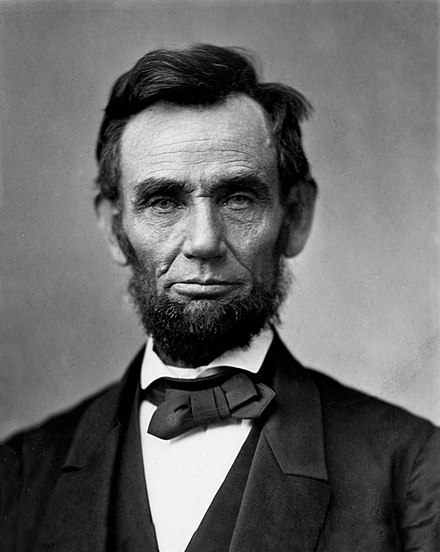
Lincoln Quotes
-
In a democratic society, as Max Weber said, what is possible is only possible because some people have demanded the impossible. The abolitionists helped to create a public discourse in which men like Lincoln become possible. That doesn't mean Lincoln is an abolitionist. It means there is a public opinion out there which is being influenced by antislavery sentiment.
 Eric Foner
Eric Foner
-
There are those who view the abolitionists as just maniacs, apolitical fanatics who helped to cause the war, and Lincoln is the model of responsible statesmanship. I think that is a misconception, the idea that Lincoln knows what's possible and the abolitionists don't.
 Eric Foner
Eric Foner
-
Whenever you think of Lincoln as a historian, in his own mind, he becomes the Great Emancipator. This is his role in history henceforth. He was an ambitious man who wanted to make an impact on history, and this is how he did it.
 Eric Foner
Eric Foner
-
One thing that does seem to me to be fairly consistent is that presidents who restrict civil liberties, even in wartime, are usually judged harshly for it. So most people agree that one of the worst stains on the reputation of FDR, who is widely considered a great president, is the internment of Japanese Americans during World War II. Likewise, Lincoln is judged harshly for the suspension of habeas corpus.
 David Greenberg
David Greenberg
-
The coach and I have talked over the offer from Lincoln.
 Oliver Bierhoff
Oliver Bierhoff
-
There's been more written about Lincoln than movies made about him or television portraying him. He's kind of a stranger to our industry, to this medium. You have to go back to the 1930s to find a movie that's just about Abraham Lincoln. I just found that my fascination with Lincoln, which started as a child, got to the point where after reading so much about him I thought there was a chance to tell a segment of his life to to moviegoers.
 Steven Spielberg
Steven Spielberg
-
Lincoln could be on the moon. He's still Lincoln.
 Bill Oberst Jr.
Bill Oberst Jr.
-
If Lincoln were alive today, he'd be turning over in his grave.
 Gerald Rudolph Ford Jr.
Gerald Rudolph Ford Jr.
-
I think Lincoln had a unique parenting style. He let his kids run free and wild.
 Steven Spielberg
Steven Spielberg
-
Lincoln called laughter "the joyous, beautiful, universal evergreen of life."
 Abraham Lincoln
Abraham Lincoln
-
Lincoln is such an iconic figure in American history. He seems to reflect so many elements of American culture that we consider essential, whether it's the self-made man, the frontier hero, the politician who tries to act in a moral way as well as in a political way, Honest Abe. His career raises these questions that are still with us, the power of the federal government vis-à-vis the states, the question of race in American life, can we be a society of equals? There are so many issues central to Lincoln's career that are still part of our society one hundred and fifty years later.
 Eric Foner
Eric Foner
-
I suppose I've been interested in Abraham Lincoln for almost as long as I can remember. My first Lincoln book was the Classics Illustrated comic book version of the life of Lincoln, and with that, I was hooked.
 Allen C. Guelzo
Allen C. Guelzo




































